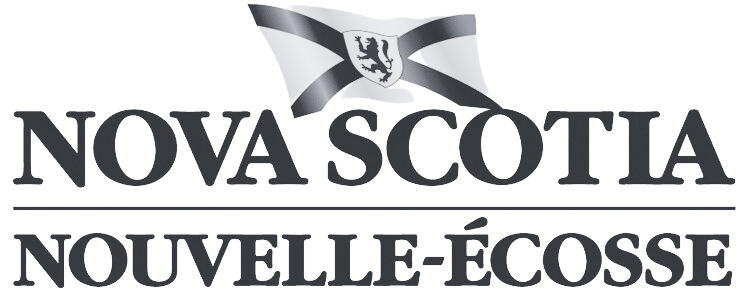Written by Denise Withers
When George Floyd was murdered by police in 2020, Andrew Paris knew he had to do something to stop racism for good. But he was over 3000 kilometres away. "What specifically could I do to create safer and more inclusive spaces for people who look like me as a Black Nova Scotian, a Black Canadian?
As the Coaching Lead for Equity, Diversity, Inclusion and Mentorship at the Canadian Sport Center Atlanticin Halifax, Andrew has strong connections in sports and curling in particular. So he started there, by founding a not-for-profit called the Black Rock Initiative. His goal was to make sure that BIPOC kids coming into the sport wouldn't have to fight through the same issues he did, by providing curling clubs with tools and resources to create more inclusive spaces in society.
Then, he heard about the Future of Hockey Lab. There, he saw an opportunity to learn more about social innovation and grow his impact in DEI (Diversity, Equity and Inclusion). He also realized that it was a chance to create change for his son, who had fallen in love with hockey while playing in Nova Scotia’s Black Youth Ice Hockey program.
Andrew knows from experience that racism isn't limited to the USA. In fact, he'd just had someone in a restaurant complain that his mere presence in line behind her made her uncomfortable.
"These sorts of things happen on a regular basis and we know sport is just a microcosm of society. So it's really about bringing them to light."
Discovering the power of collaboration
Though other projects in the Lab focused on tackling challenges like barriers to access and getting started in hockey, Andrew saw a different opportunity, one that aligned with the educational work he does in his day job. So did others, including coach and player Steph Seaward, Hockey Nova Scotia Executive Director Amy Walsh, and former NHL player and Toronto Maple Leafs DEI Lead Mark Fraser. So they came together to explore ways to make change at the Board level through DEI education.
"While the main priority is providing education, it's also about providing a spark, or flash of insight. Because I think there's a large segment of the population that doesn't realize the disparity that exists for a young black man versus the same person, but white."
The team’s initial goal was to provide a baseline of education so everyone in every minor hockey association would be on the same playing field, so to speak.
Shared understanding is critical
"First we have to make sure people know what equity, diversity and inclusion are. How do they relate to sport? Because since the murder of George Floyd those words have very much become buzzwords. And I personally am not convinced that everybody knows – what is equity? What is diversity and why is it important? So let's start there."
But as the team started to sketch out their concept, they learned quickly that other groups, including Hockey Nova Scotia, have already started to develop DEI educational programming specifically for hockey association boards.
"And it became very apparent that we all need to get in the same room, even if it was on a Zoom call to talk about what each other is doing and help support that work versus working in silos." For Andrew, those initial conversations were a critical first step. Since then, progress has unfortunately been slow, in part because of Covid. But he and the others are still keen to continue their collaboration.
"There are folks within our community who think like I do. Not many, but there are two or three of us who are trying to create inclusion. What we're doing here is trying to get a community back together where they're segregated. We have an avenue to do that with hockey. But it's very expensive. The kids here live in an impoverished area. So let them play hockey. And we’ll see where that takes us."
The first step often matters most
He knows that change like this takes time. But it can't start unless you create that first spark. "You see another minor hockey association doing it and say, 'I want to do something like that too.' And it just snowballs from there."
Learning to understand why change is hard and slow was a big part of his experience in the FHL. "We talked about the cycles of change and we also did a deep dive into why change doesn't happen in general. So usually there's either a fear of change or people are really comfortable with where they're at. And that has provided me with an interesting lens I now bring to everything that I do, not just specifically related to hockey, but sport in general.
As Mark Fraser reminded us, a lot of racism and discrimination come from a lack of education. It's not that people are inherently bad or that they were born racist. The reason they have these ideas is because of the environment around them."
While progress has been slow on the project in some ways, Andrew can still see incredible opportunities to have real impact in the future, both through the Lab and his other work. "We look at creating change in sport as if it's this big, huge, daunting thing. And admittedly, to get to that end vision, it very much is. But it starts with something small. It starts with just taking that jump and doing it. And if nothing else, I encourage you to take that jump because even if what you do doesn't work the first time, it creates an on-ramp for the next group to come in and continue your work.”



